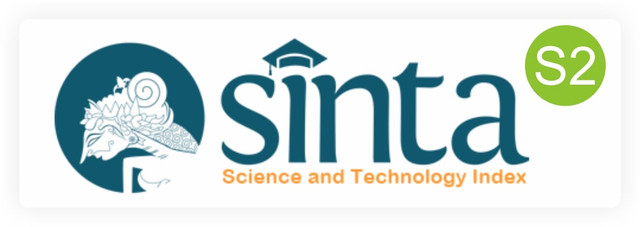Ethnopharmacology study of medicinal plants utilization for antidiarrheal remedies by Tengger tribe in Tosari District, Indonesia
DOI:
https://doi.org/10.12928/pharmaciana.v14i1.28099Abstract
Tengger is one of the tribes in East Java Province, Indonesia practising traditional medicine by using mantras and medicinal plants. A disease with a high incidence rate and widely treated with medicinal plants in Indonesia, including in Tosari District, Pasuruan Regency, is diarrhoea. To conserve traditional medicine, mainly the utilization of medicinal plants as anti-diarrhoea agents, it is necessary to develop a database that keeps up with technological advances. The study aimed to determine medicinal plants utilization for antidiarrheal remedies by the Tengger tribe in four villages of Tosari District, Pasuruan Regency, namely Wonokitri, Tosari, Ngadiwono, and Podokoyo. The study employed the snowball sampling method, which involved conducting semi-structured interviews. The result showed nine medicinal plants for traditional antidiarrheal remedies, with Musaceae (23%) as the most widely used plant family. Most informants used immature plant (56.25%) and fruits (89.58%). In addition, most plants were administered orally (98%) without specific compounding methods (76%). The value of Factor of the informant's consensus (Fic) of plants used for diarrhoea was 0.74. The highest Fidelity Level (FL) and Choice Value (CV) were obtained from Elaeocarpus longifolius Blume at 69% and 2.4, respectively. Based on the findings of the study, E. longifolius has the potential to be further investigated for development in antidiarrheal treatment.Downloads
Published
2024-03-29
Issue
Section
Biology Pharmacy
License
Authors who publish with Pharmaciana agree to the following terms:
- Authors retain copyright and grant the journal the right of first publication with the work simultaneously licensed under a Creative Commons Attribution License (CC BY-SA 4.0) that allows others to share the work with an acknowledgment of the work's authorship and initial publication in this journal.
- Authors are able to enter into separate, additional contractual arrangements for the non-exclusive distribution of the journal's published version of the work (e.g., post it to an institutional repository or publish it in a book), with an acknowledgment of its initial publication in this journal.
- Authors are permitted and encouraged to post their work online (e.g., in institutional repositories or on their website) prior to and during the submission process, as it can lead to productive exchanges, as well as earlier and greater citation of published work.


1.png)











